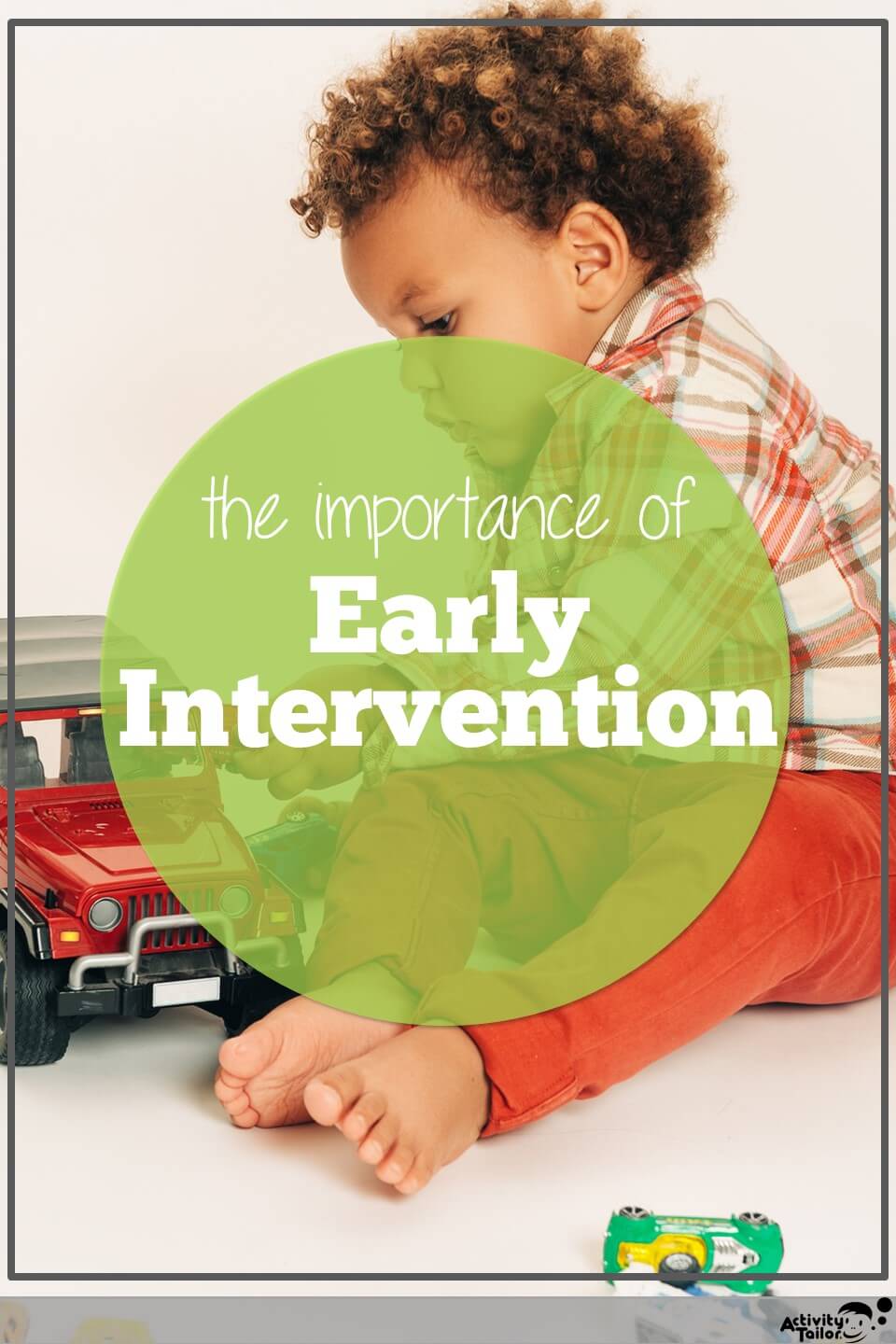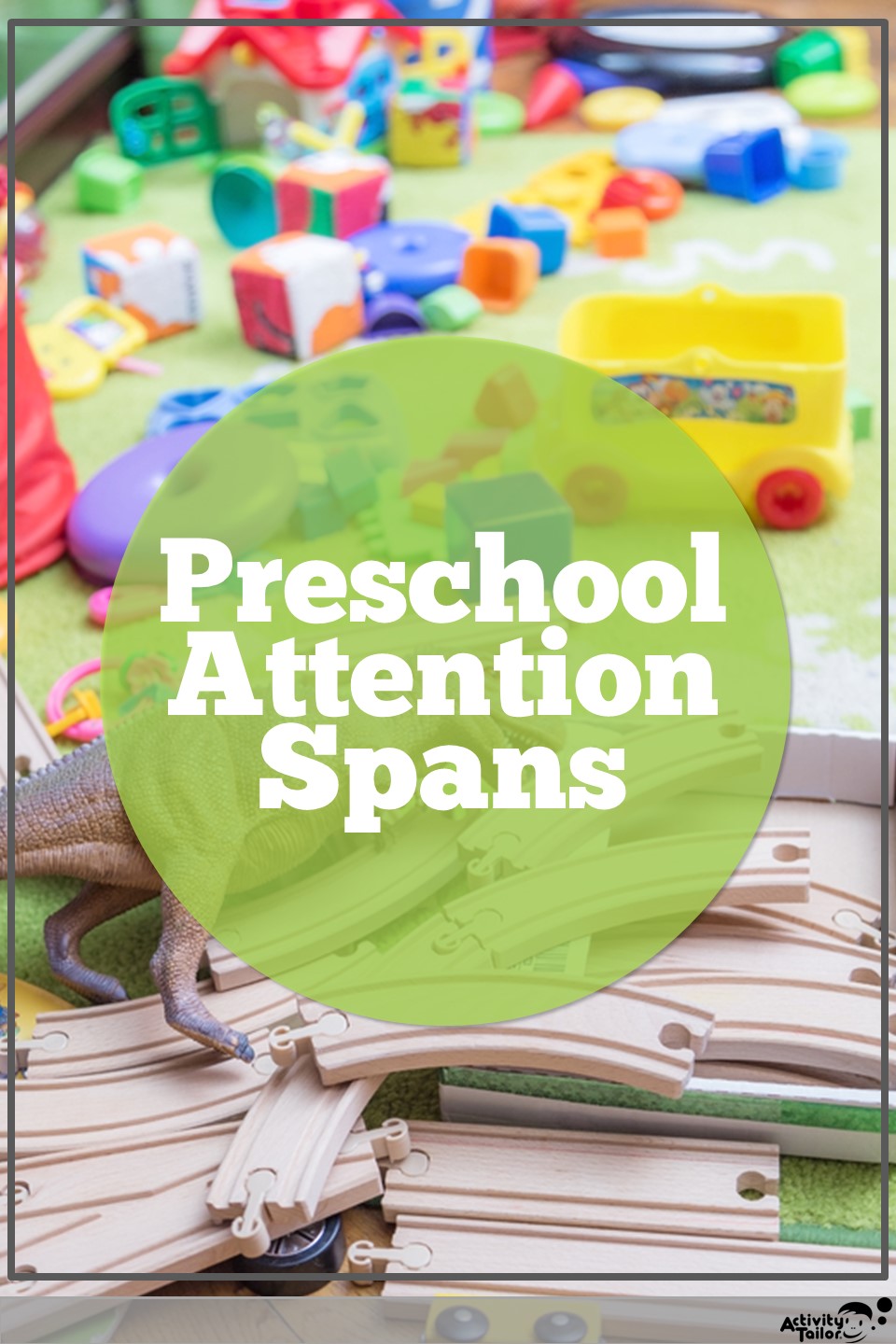(this post appeared on ASHAsphere on September 13, 2011)
I recently picked up the book, Talent is Overrated, by Geoff Colvin and it’s one of those books that continues to occupy my thoughts several weeks after reading. The author’s argument, supported by numerous studies, is that there are very few instances of true giftedness or talent. That in almost every case, performance is a result of increased time, effort and focus.
I’m a very competent cook. I enjoy making everyday meals, elaborate holiday feasts and most kinds of baking. (I don’t make pie; I don’t like pie). I’ve received lots of compliments over the years on the way everything looks and tastes, how the menus go together and how “easy” I make it look. But I’ve always known that it isn’t that it’s easier for me, it’s that I’ve had so much experience doing it that my methods are streamlined. For example, my husband, who can also make a great tasting dish, uses about twice as many pots, pans and utensils as I do. And the counters tend to be more…let’s say cluttered at the end of the preparation. But it’s my years and years, hours and hours in the kitchen that bestowed “accomplished home cook” on me, and not an innate understanding of kitchen chemistry.
So, how does Talent is Overrated fit into speech and language? This is what I’ve been thinking about:
For the speech-language pathologist: Colvin lays out a very humbling truth which is that experience is not always the equivalent of better. An SLP that shows up for work everyday and goes through the motions is gaining very little improvement from year to year. Continuing education and then, more importantly, putting that into practice is critical. Re-visiting those dusty old text books and notebooks from graduate school is a good idea from time to time. Getting critiqued or watching a peer could bring ho-hum therapy and results to a much brighter place.
For our clients: Deliberate practice. This is one of Colvin’s cornerstones, that deliberate practice, not just repeating the same thing over and over again, is what improves performance. We already know this, but it’s a great reminder. The child that comes in, is hard to motivate and just repeats the target words each week is really just coming to practice his error pattern. We need to stop those kids dead in their tracks, make them think a new way, make them produce something different–maybe even if it’s still not quite on target…yet.
I’ve got a busy fall ahead of me. Screenings to do, warm stews to simmer and fresh bread to bake. But I pulled down the stairs to the attic yesterday and I think I’m going to stick my Hodson textbook in my car for the next few weeks. I noticed all sorts of notes in the margins. I think that student might have some good advice for an experienced clinician.







This Post Has 4 Comments
Great post! I’ve often thought the same about talent vs hardwork. I may have to check that book out. And I like how you’ve applied it to SLP work!
Thanks, Janelle! The trick though is to let it encourage you to improve in your passion areas (dancing, cooking, speech) and to ignore it when it comes to things like housework and insurance forms 😉
What a great post. So much of what you have said rings true for me too (even the cooking part!) I often tell people that shower me with praises about my cooking, crafting, or even practice, that they could do it too…with a little of this and a little of that. Sounds like a great book!
It’s similiar to Outliers (Gladwell)–fun and thought provoking. Makes you start to wonder where you’d be if you’d (really) picked up an instrument as a child. Have you read “Battle Hymn of the Tiger Mother” (Chua)? Looked at from the perspective of “Talent” she’s on to something!
Comments are closed.